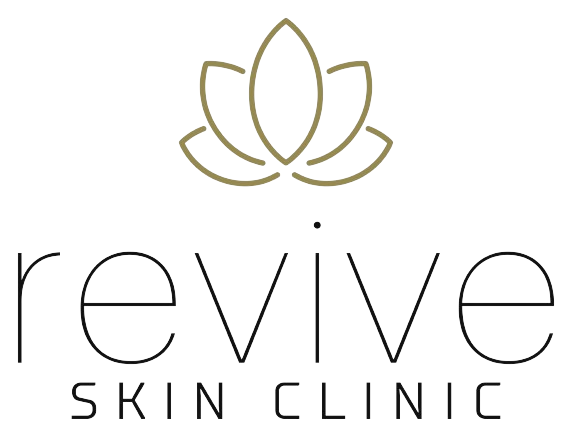Retinol is part of the family of retinoids. These are ingredients based on vitamin A, and they’re the superstars of skincare – they’re effective for lots of skin concerns, like acne, pigment and wrinkles.
Retinol is a form of vitamin A. Other forms of vitamin A in skincare that you may be familiar with include isotretinoin (better known as Tretinoin) and retinyl palmitate (another topical ingredient found in many creams), amongst others. Retinol can help with:
-
- Fine lines and wrinkles
- Skin roughness and dullness
- Skin firmness
- Pigmentation from age spots and acne
Retinol plays a large role in collagen production, which is the major structural protein in our bodies. When we’re young, collagen is made quickly by the body, however as we age, collagen synthesis slows down (and you don’t even have to be that old – collagen synthesis slows down when you’re past 20!). There are also a host of other factors that can slow down collagen synthesis – UV exposure, diet, stress, drinking or smoking. If a tree lost half its branches, it would have less leaves and start looking patchy; similarly, with lost collagen, less cells are held in the skin and it starts looking rough, uneven, saggy and wrinkly. To become active, retinol must first be converted to tretinoin and this is done by enzymes in the skin. Then it can work in a number of ways to improve the skin.
Firstly it acts to increase the amount of collagen in the skin by inactivating enzymes in the skin which break down collagen. Retinol also works by increasing cellular turnover – that is, increasing the rate at which old skin cells are replaced by new ones. Finally, retinol is also an antioxidant – it stops reactive free radicals, generated by UV exposure or toxins in the environment, from wreaking havoc in your skin.
Tips on using retinol
Retinols can be irritating to the skin, and cause dehydration. To reduce the chances of this happening, you should introduce it into your routine slowly (don’t use it every day to begin with), and use extra hydrating moisturisers.
Using retinol with other excellent skin treatments like AHAs and vitamin C can speed up the skin renewal process, fading hyperpigmentation and wrinkles faster. However, the activation of retinol by skin enzymes is optimal at a higher pH (5.5-6) than the pH for AHAs (3.5). While there isn’t much research on how quickly the pH of skin readjusts itself, waiting an hour or so in between applying the two is a safe bet, or even using one in the morning and one in the evening.
Retinol, much like AHAs, can make the skin more susceptible to sunburn. Wear extra sunscreen when you use retinol so you don’t completely reverse its beneficial effects!
My favourite Retinols include:
